 24 November 2020.
24 November 2020.
The Centre for Law and Democracy (CLD) is today releasing a Note highlighting a number of legal developments which have an impact on freedom of expression and which were proposed or adopted in 2020. These are part of CLD’s ongoing work in the country on media freedom issues, in collaboration with International Media Support (IMS) and FOJO Media Institute. The Note focuses first on legal developments which are linked to the COVID-19 pandemic and then on wider issues.
“Unfortunately, quite a number of legal instruments have been proposed or adopted this year which limit freedom of expression, although some have also been positive, such as the adoption of By-laws under the Broadcast Law” said Toby Mendel, Executive Director, CLD. “At the same time, there has still not been any concrete progress on the adoption of a right to information law.”
The key legal rules which are highlighted in the Note are as follows:
-
- A proposed new Prevention and Control of Communicable Diseases Law which would prohibit the dissemination of news, even if it was accurate, about diseases if this could cause panic.
- An Election Commission Notification which requires political parties to submit the script of proposed broadcast messages to the Commission for prior censorship.
- The coming into force of the National Records and Archives Law, which broadly promotes secrecy.
- A President’s Office directive on hate speech which requires national and region/state governments to take measures to prevent hate speech.
- Limiting the application of the Law on Protecting the Privacy and Security of Citizens to government authorities rather than all citizens which should largely stop abuse of its defamation provisions but also undermine its already limited privacy protections.
- In a very welcome development, By-laws have been adopted under the Broadcast Law, paving the way for the appointment of the National Broadcasting Council and, in due course, the licensing of broadcasters.
The Note is available here in English and Burmese.
For further information, please contact:
Laura Notess
Legal Officer
Centre for Law and Democracy
Email: laura@law-democracy.org
+1 782 234 4471
www.law-democracy.org
twitter: @law_democracy



 6 November 2020.
6 November 2020.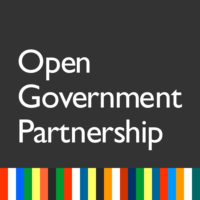 16 October 2020.
16 October 2020. 15 October 2020.
15 October 2020. 28 September 2020.
28 September 2020.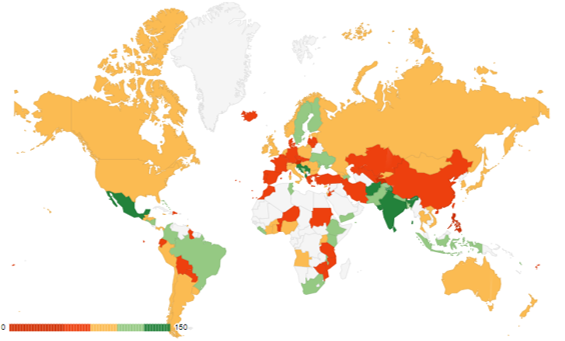 28 September 2020.
28 September 2020. 27 September 2020.
27 September 2020. 3 September 2020.
3 September 2020. 11 August 2020.
11 August 2020. 4 August 2020.
4 August 2020. 28 July 2020.
28 July 2020. 21 July 2020.
21 July 2020.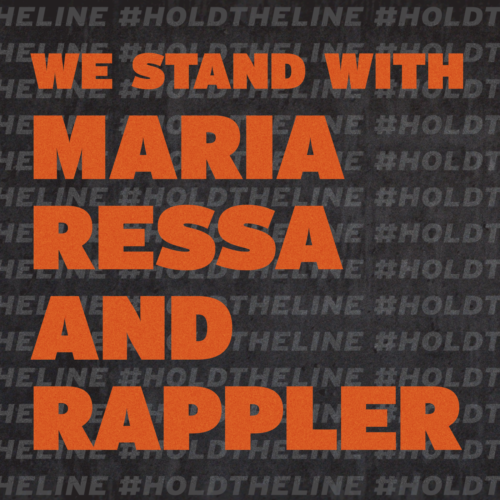 20 July 2020.
20 July 2020. 14 July 2020.
14 July 2020.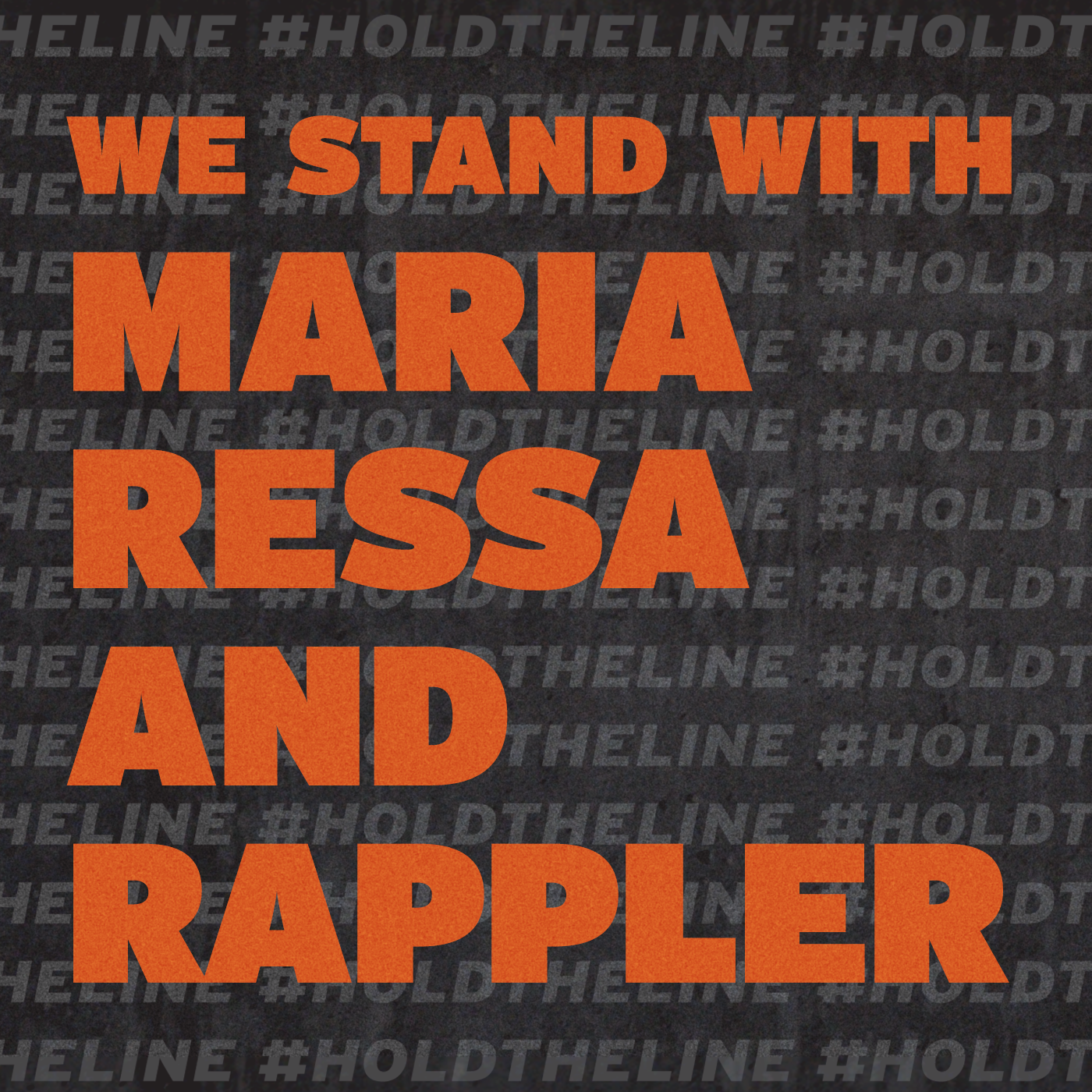 9 July 2020.
9 July 2020.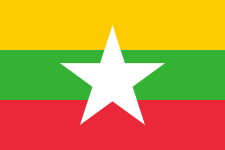 22 June 2020.
22 June 2020. 27 May 2020.
27 May 2020.